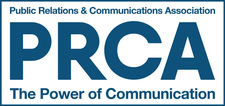Sign up for updates
Interested in studying at the University of Hertfordshire and want to sign up to our mailing list to learn more about our facilities, living in the UK and student life? Use the form below and our team will also keep you informed of key updates such as events near you, applications opening and more!
BA (Hons) Mass Communications
Key information
-
Typical offer:
Entry requirements -
Fees: See below
Full details -
UCAS code: P300
-
Institute code: H36
-
Study abroad option
-
Work placement option
Find out more
Why choose this course?
- Continual updating of content to reflect sought after skills
- Accredited by PRCA (Public Relations and Communications Association)
- The flexibility to study four subjects or specialise
Do you want to join the next generation of media professionals?
This powerful, practical course will give you the skills and agility to thrive in a rapidly changing industry. You’ll explore the nature of language, communication and the media. Write news, features and fiction. Study films, music and celebrity. Design magazines, websites and a fascinating, successful future.
The media world is evolving fast. Digital and social media are developing at breakneck speed and changing the way we talk to, learn from and understand each other. Here at Hertfordshire, our mass communications course focuses on communication and media practice, encouraging you to be entrepreneurial and professional, with a diverse set of sought-after creative skills.
You’ll have a whole range of opportunities, including exploring publishing and PR, examining the ethical and legal aspects of journalism, developing your voice as a writer, studying the context behind films, spending a life-changing year abroad or taking a year-long work placement.
The course is strongly linked to industry and taught by a team of media academics and professionals. You'll have the opportunity to take part in industry events thanks to our affiliation to the Public Relations and Communications Association (PRCA), one of Britain's top trade organisations for PR professionals, and attend the Media Matters guest lectures given by a range of media speakers from top journalists to our recent graduates. You'll meet media industry experts such as: BA(Hons)Mass Communications graduate, Tobi Akingbade who is now a showbiz writer; Charlotte Jones who is now a global content manager in the beauty industry; and Uche Amako, who is now a sports writer.
What's the course about?
You’ll learn how to create and publish content on a broad range of formats including print multimedia and within online platforms. You’ll gain a theoretical and critically reflective understanding of media whilst gaining practical skills as an author and designer of published material. Most of our courses are assessed by coursework.
The delivery of teaching varies according to the characteristics of each module. Many are taught via weekly lectures and weekly seminars. Workshops are used for modules where the degree of practical skills taught is enhanced by the supervision of experts in their field. Assessments range from writing a film review to creating digital stories or traditional essays.
In your first year, you’ll learn about how media is both global and local and the industries associated with it, you’ll have the option to try your hand at podcasting and video, to write like a journalist, become a film critic or learn about what it takes to be a writer or study linguistics. You will choose four out of six subjects from Journalism, Film, English Language, Media Studies, Digital Media and Creative Writing.
In your second year, you’ll build on the first learning about media research and the publishing industry, writing and broadcasting journalism, learning how to design a magazine or create a video documentary and making your own film as well as studying US Cinema. In Creative Writing and English Language and Linguistics you will build on previous work by writing for the stage, for instance, or learning about Communication.
Work placement/study abroad option: Between your second and final year, you’ll have the option to study abroad or do a work placement for up to a year. Not only will this give you an amazing experience to talk about but will also give your CV a boost. If you’d rather go straight to your final year, that’s absolutely fine too. You’ll decide in your second year with us, so there is still plenty of time to think about this.
In your final year, you'll have a great range of options as you can take all four subjects or reduce to three. In media, you’ll have the opportunity to create a project for a media client or design web pages like a professional, create a PR campaign or learn about what our interaction with celebrities says about globalised culture. In journalism you can report on international stories or take journalism related work experience or build a portfolio of pieces. In film, you can study television drama, reflect on diversity and sexuality in US film, or study European crime films. For Creative Writing, the short story and thinking about the nature of reality beckon and in English Language and Linguistics a chance to build on the skills of understanding the meaning of language and how it is used in different cultures and contexts.
To see all your modules, see the ‘What will I study?’ section below.
'Media Matters' Guest Lecture series
Each year the School of Humanities hosts the Media Matters Guest Lecture Series featuring a range of industry professionals, giving talks on their experience in the industry. These lectures are recorded by our final year students and available on our Media Hub. Some of our previous speakers have included:
- University of Hertfordshire Mass Communications Graduate, Tobi Akingbade, now Acting Showbiz Editor of Metro,
- University of Hertfordshire, Journalism, Media and Sport graduate Steven Bourner, now Chief Media Officer and Strategic Comms Lead for the School of Education,
- Theresa Malone, Visuals and Social Media Editor of The Guardian,
- Steve Swann, Producer and investigative Journalist, BBC
- Andrea Thompson, Editor in Chief of Marie Claire.
Applying for this course is easy. Simply add us to your UCAS account by using the institution and course code mentioned in ‘Key information’. There is no interview for this course. We’re just interested to hear why you want to study this subject at degree level.
Your main campus is College Lane
This is where the creative arts, science and health-related subjects are based. This means you’ll share the campus with future nurses, scientists, artists and more. You can use the common rooms to relax with friends, work out in the 24-hour gym or have a drink in our on-campus pub or cafes. We also have restaurants for you to eat in or grab something on the go. Our Learning Resources Centres are open 24/7, which means you can study whenever suits you best. Want to pop over to the other campus? You can take the free shuttle bus or walk there in just 15 minutes.
What will I study?
Degree programmes are structured into levels, 4, 5 and 6. These correspond to your first, second and third/final year of study. Below is a list of compulsory and optional modules. However, whatever choices you make, you will study no more than eight modules a year and possibly less in your final year depending on your degree.
'I enjoyed learning and being in the company of my lecturers and could not have asked for anyone to be any more supportive. I could not describe the teaching as any less than five stars and my lecturers always found the time outside of class to help me with anything I was struggling to understand.'
Check out our student blogs
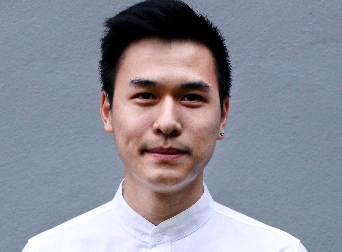
Alumni Stories
Jonathan Yip
Meet Jonathan Yip who has undertaken a career in academia. He is currently working as an undergraduate lecturer at one of the most prestigious institutions in Kuala Lumpur, Malaysia - BAC Education Group.
Read more stories BA (Hons) Mass Communications| Current job role | Undergraduate lecturer in Journalism and Media |
|---|---|
| Year of graduation | 2016 |
| Course of study | BA (Hons) Mass Communications |
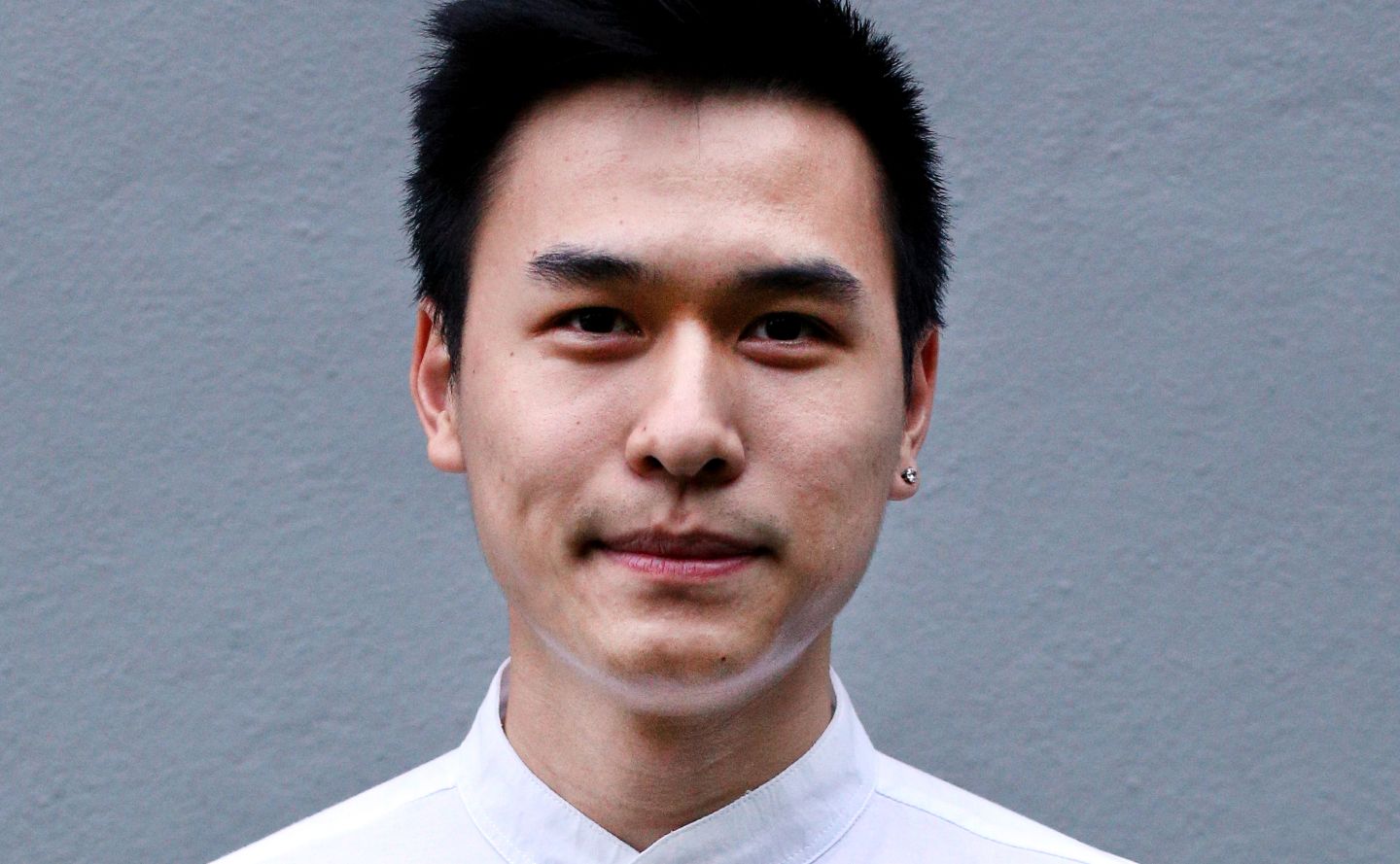
Global connections
Jonathan initially came to study at Herts as his institution in Kuala Lumpur had a twinned programme with the University, which allowed him direct entry into the final year after his diploma in Mass Communications. He says, 'The University's central location, opportunities for scholarships, and the modules offered in the programme were all I needed to make a decision.'
University experience and opportunities
His time at Herts was enhanced significantly by his lecturers who offered support and expertise that helped Jonathan realise his potential. He says, 'The tireless effort to assist students like myself during my undergraduate and postgraduate degree speaks for the University itself. Absolute dedication!'
The University of Hertfordshire is dedicated to transforming lives and giving students the opportunities and resources they need to develop career ready skills, through expert teaching, research and ties to industry. Jonathan advises new and current students to: 'Start building a portfolio and harness yourself with new skills whenever possible. The creative industry is all about doers, and it's evolving faster than ever - don't be left out!'
Lifelong impact
The University of Hertfordshire has been hugely formative in shaping Jonathan’s career and he still greatly values his time being a student here and a part of the Herts community. 'The entire duration of my time at the University as a whole was so special. I enjoyed being part of the Athletic Union, working as part of various societies and the Students' Union, and making everlasting memories and friendships after hours. I even got a stag tattooed on my arm to remind myself of the University every day.'
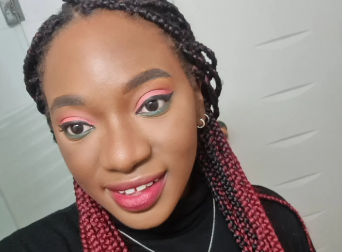
Alumni Stories
Louise Thomas
Meet Louise. Her study abroad experience inspired her to become a teacher in Korea.
Read more stories BA (Hons) Mass Communications| Current job role | Teacher in Korea |
|---|---|
| Year of graduation | 2020 |
| Course of study | BA (Hons) Mass Communications |
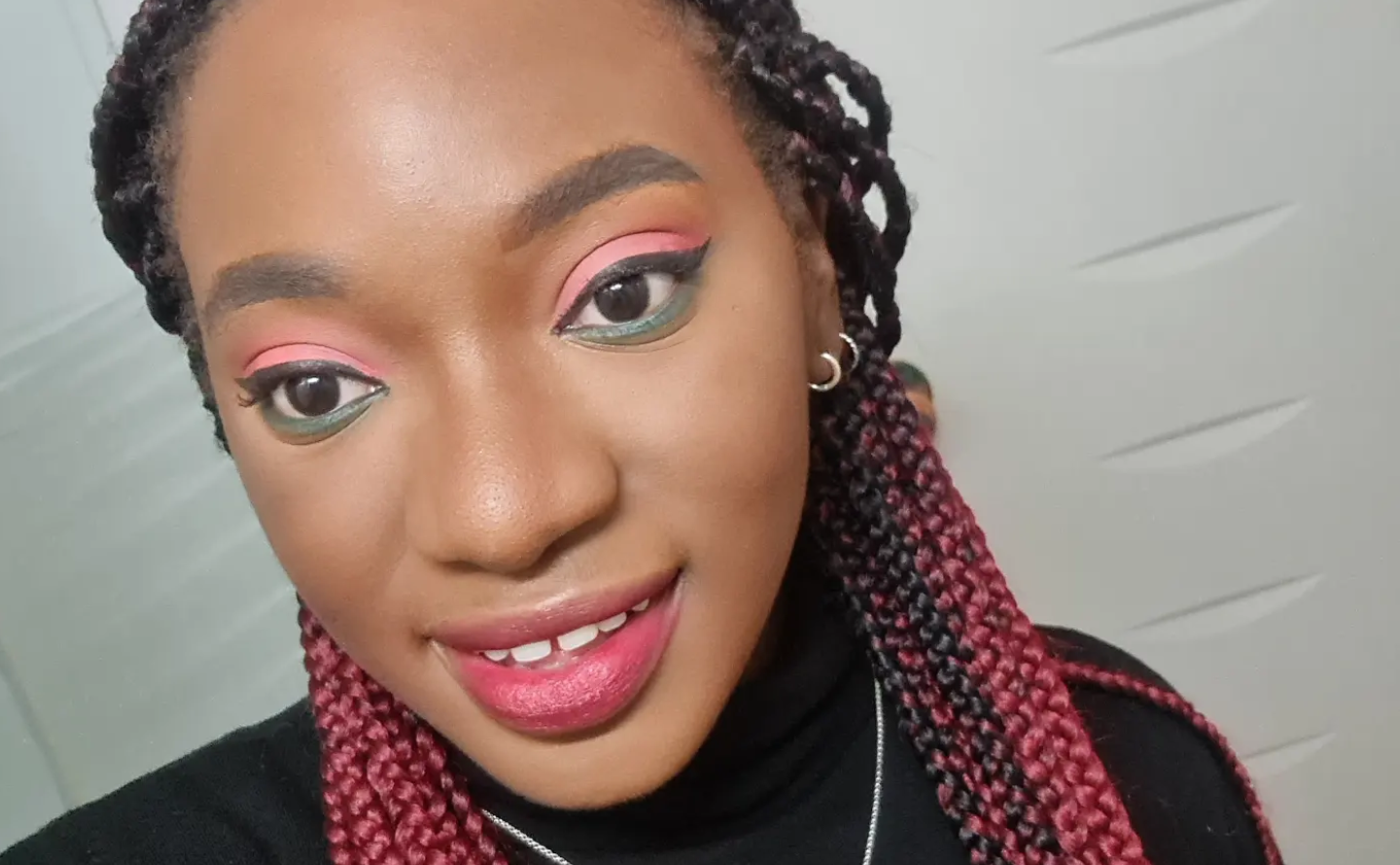
A global student experience
Louise studied in Singapore as part of her study aboard programme. She says, ‘This was a highlight of my studies at Herts. It was such a great opportunity, and if it wasn’t for my time spent aboard, I wouldn’t have had the confidence to move to Korea. Studying aboard also improved my work ethic and I found that I was a lot more organised and productive during my final year as a result.’
On campus, Louise enjoyed the library facilities and says, ‘I commuted to Herts and the LRC was the place that I studied, completed group work, and assignments. I wanted to make use of all the time that I had on campus, so the library was where I got everything done.’
Life after Herts
‘During my degree I spent time travelling and I knew I wanted to explore more of the world, so I decided to move to Korea.
‘Initially I was unsure about going into teaching, but I have discovered that it’s something I really enjoy, and I’m good at it. My course was so broad, and it has helped me become a good teacher. I use my creative skills to plan lessons, and I get the children involved with editing their own professional videos.’
Advice for prospective students
‘Don’t leave studying until later – do it now! Mass Communications is good course that gives you a lot of opportunities, and if you have any problems, you can always talk to the lecturers. Everyone is really friendly, and they are always there to help you.’

